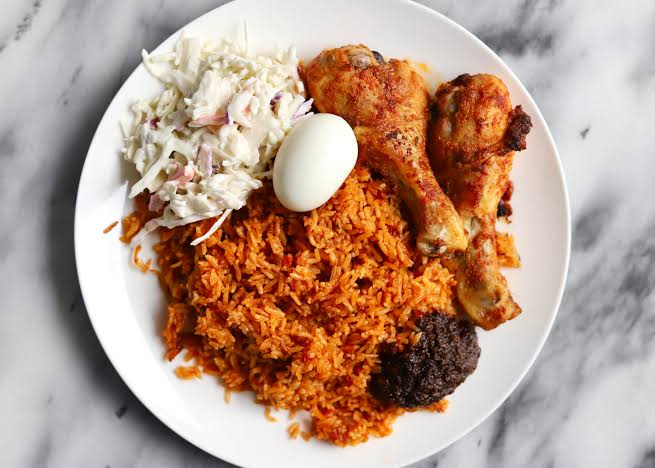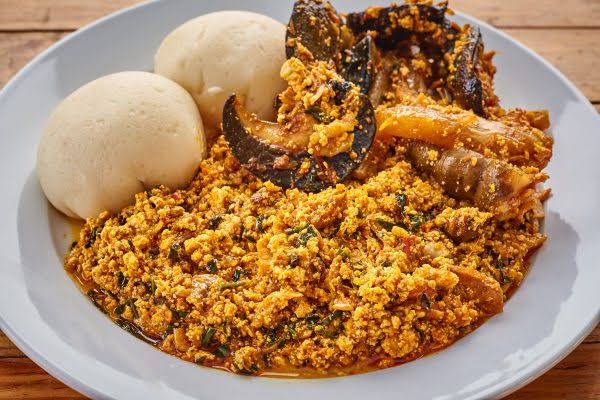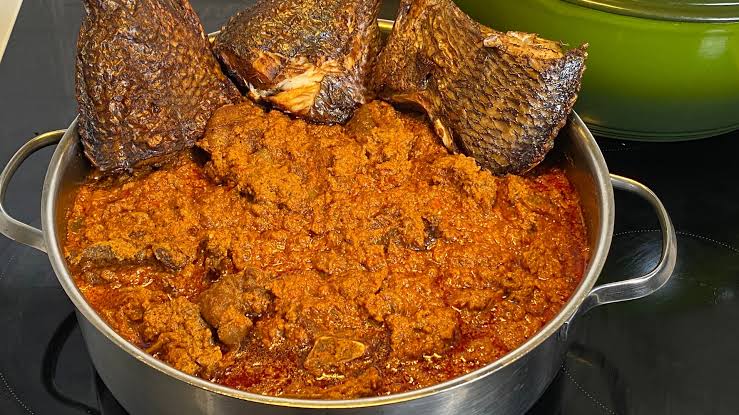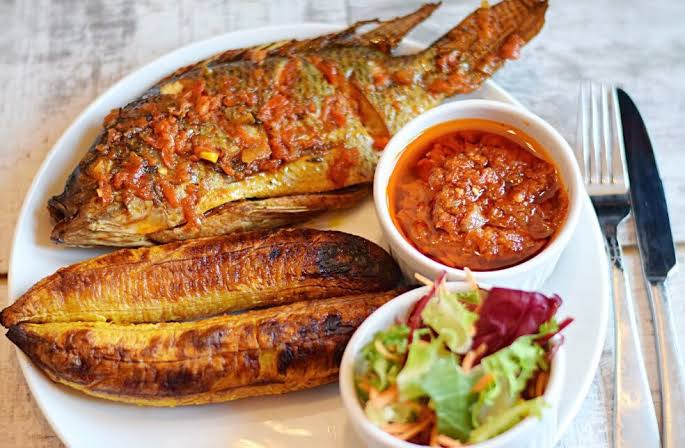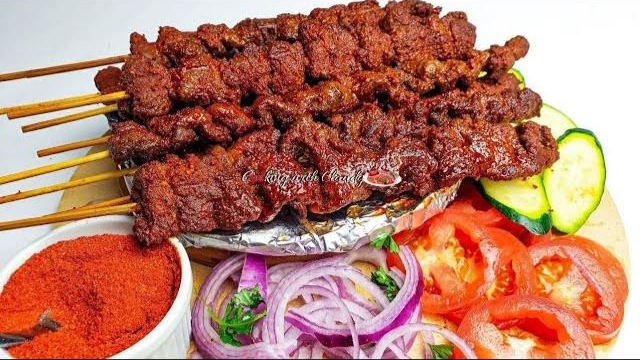
Suya, a spicy grilled meat skewer, holds a special place in Nigerian culture. Originating from the Hausa people of Northern Nigeria, Suya has become more than just street food, it’s a beloved national delicacy enjoyed across the country. The cultural significance of Suya in Nigeria transcends its flavor. It is a symbol of communal bonding, a representation of Nigeria’s culinary diversity, and a marker of the country’s shared identity.
Historical Roots of Suya
The origins of Suya can be traced to the Hausa and Fulani communities in northern Nigeria, where it was primarily a way to preserve and season meat in a region known for its cattle rearing. Over time, this simple preservation method evolved into a much more complex and flavorful dish. Suya is typically made from beef, goat, or chicken, seasoned with a spicy blend of ground peanuts, ginger, garlic, onion powder, and pepper, before being skewered and grilled over an open flame.
Traditionally sold by northern street vendors, known as Mai Suya, the dish began to spread across Nigeria through urban migration. Today, it is enjoyed in every part of the country and even abroad. This migration of Suya symbolizes how food can be a bridge between different cultures and ethnic groups within Nigeria.
Suya and Social Gatherings
One of the reasons for the widespread popularity of Suya is its role in Nigerian social life. The aroma of Suya grilling on the streets is synonymous with Nigerian nightlife, where people gather at roadside Suya stands to socialize and share stories. Street vendors often become local celebrities, known for their unique blends of spices and grilling techniques, creating an atmosphere where food becomes a key part of social interaction.
Some common settings where Suya is a must-have include:
- Street parties: Suya is often the star of street parties, where friends and families gather for informal celebrations.
- Football viewings: Nigerians enjoy Suya at football screenings, where the thrill of the game is matched by the spicy, smoky flavors of the skewers.
- Festivals and carnivals: Cultural festivals across Nigeria feature Suya as a popular treat, embodying the communal spirit of these events.
The Unique Preparation of Suya
What sets Suya apart from other grilled meat dishes is its distinctive seasoning, commonly known as Yaji spice. Yaji, a rich blend of ground peanuts, paprika, ginger, and chili pepper, is the backbone of Suya’s flavor. Each Mai Suya vendor often guards their Yaji recipe as a secret, adding a layer of mystique to the dish.
The preparation process requires skill and patience. The meat is thinly sliced, marinated in the Yaji spice, and carefully skewered. The grilling is done over an open charcoal flame, which enhances the smokiness of the dish. Finally, Suya is served with fresh onions, tomatoes, and sometimes extra Yaji for dipping, making it a simple yet flavorful experience.
Suya: A Symbol of Nigerian Unity
Despite Nigeria’s rich ethnic and cultural diversity, Suya has managed to unify people from different regions. In a country where ethnic differences can often lead to divisions, Suya is one of the few cultural elements that cuts across regional and religious lines. It’s not uncommon to see Suya vendors in the predominantly Christian south of the country, serving Muslims and Christians alike, or in the bustling cities where different ethnic groups coexist.
Additionally, Suya plays a significant role in representing Nigeria on the global culinary stage. Nigerian restaurants abroad, especially in countries like the United States and the United Kingdom, often feature Suya as a highlight of their menu. This widespread appeal demonstrates how Nigerian culture is being exported and appreciated internationally through its food.
The Economic Impact of Suya
Suya is not only a cultural staple but also a significant source of income for many Nigerians. According to a 2021 report from the National Bureau of Statistics, the informal food sector, which includes Suya vendors, contributes substantially to Nigeria’s economy. Many Mai Suya vendors have built small businesses around Suya, employing assistants and expanding their offerings beyond street stalls to restaurants and online deliveries.
For many young Nigerians, especially in the northern parts of the country, selling Suya provides a means of livelihood in regions with limited employment opportunities. This economic empowerment is a testament to how Suya is more than just food; it is a driver of growth in many local communities.
The Enduring Legacy of Suya
The cultural significance of Suya in Nigeria is undeniable. Beyond its rich, spicy flavors, Suya represents Nigeria’s diverse heritage, its ability to unite people, and its global reach. From the street corners of Kano to the bustling markets of Lagos, Suya has become a symbol of togetherness, resilience, and entrepreneurial spirit. As Suya continues to grow in popularity both locally and internationally, it stands as a delicious reminder of the power of food in shaping culture and identity.
